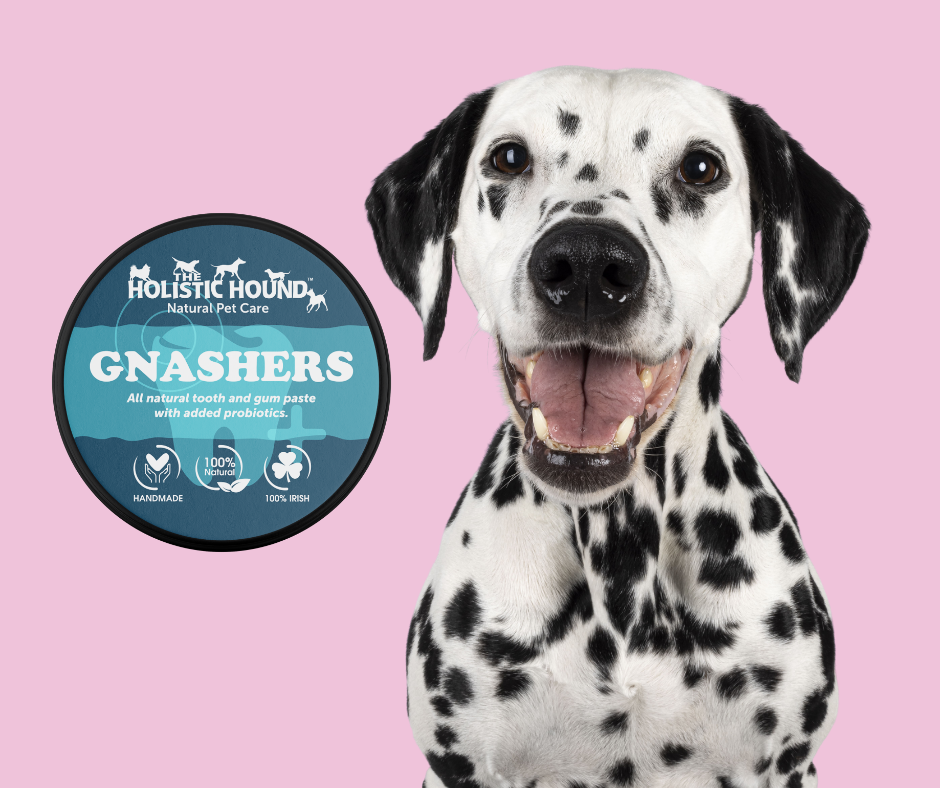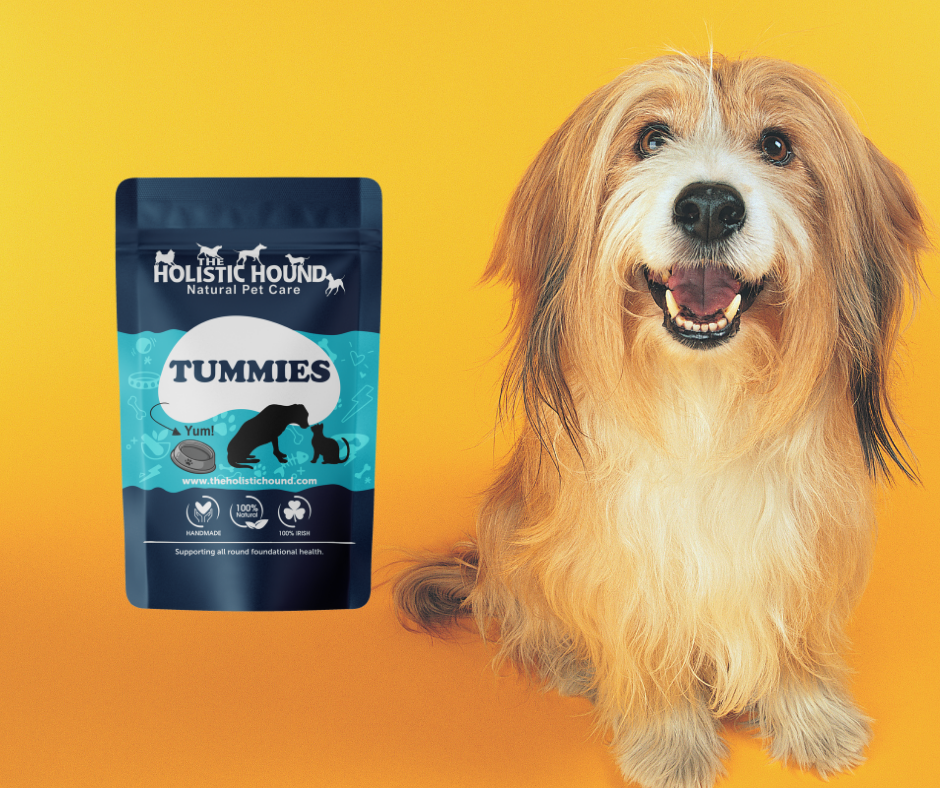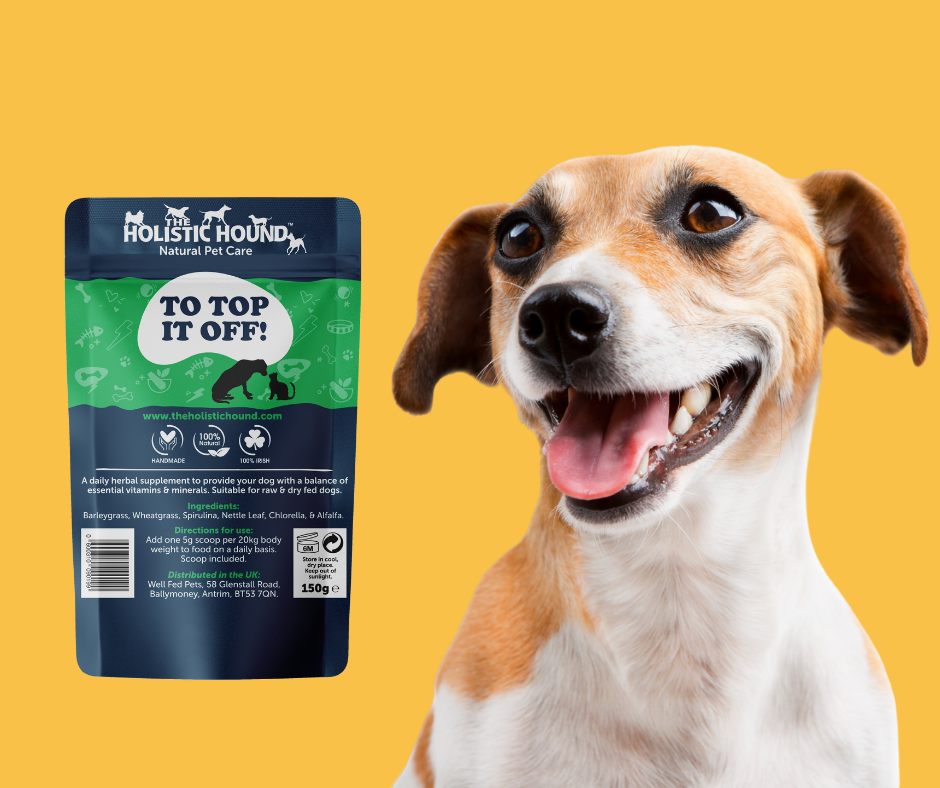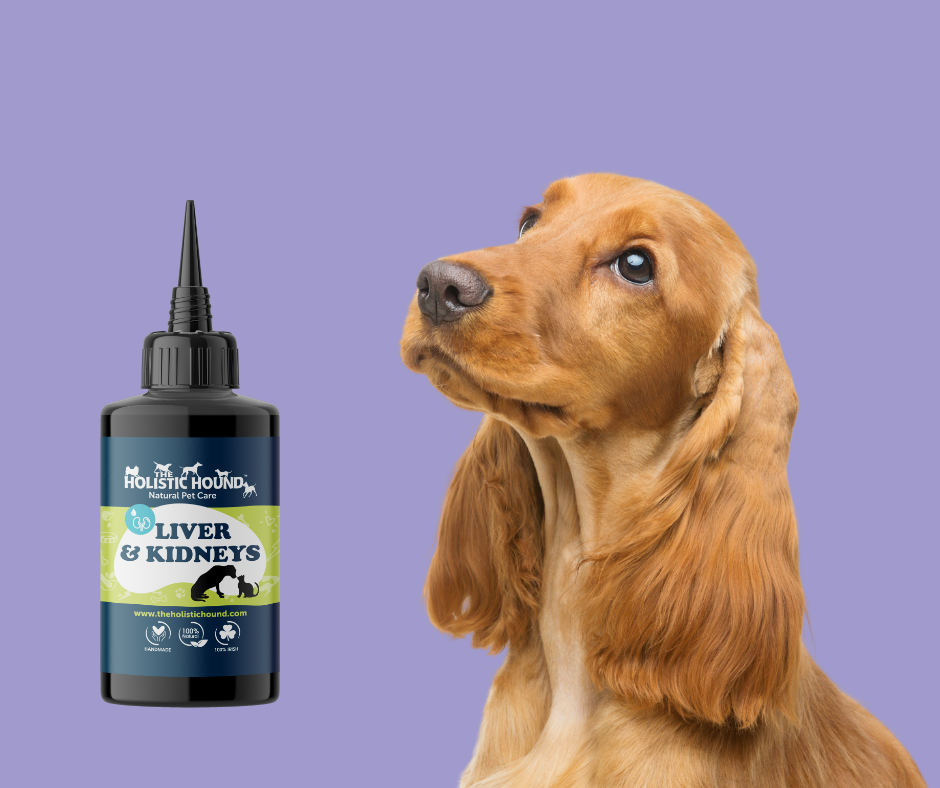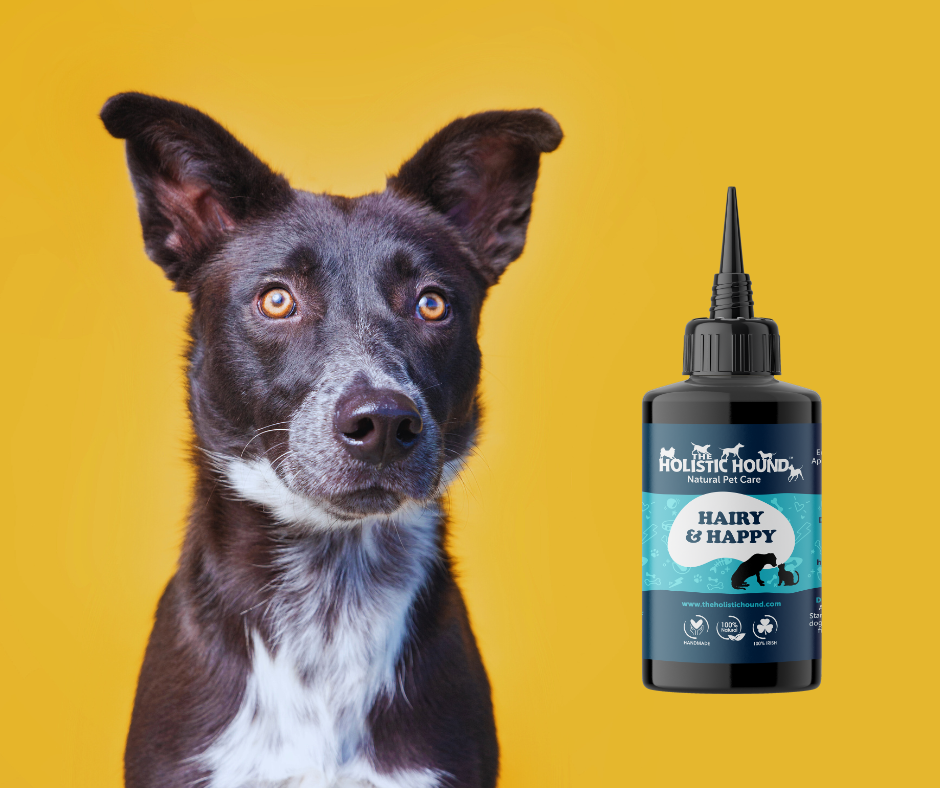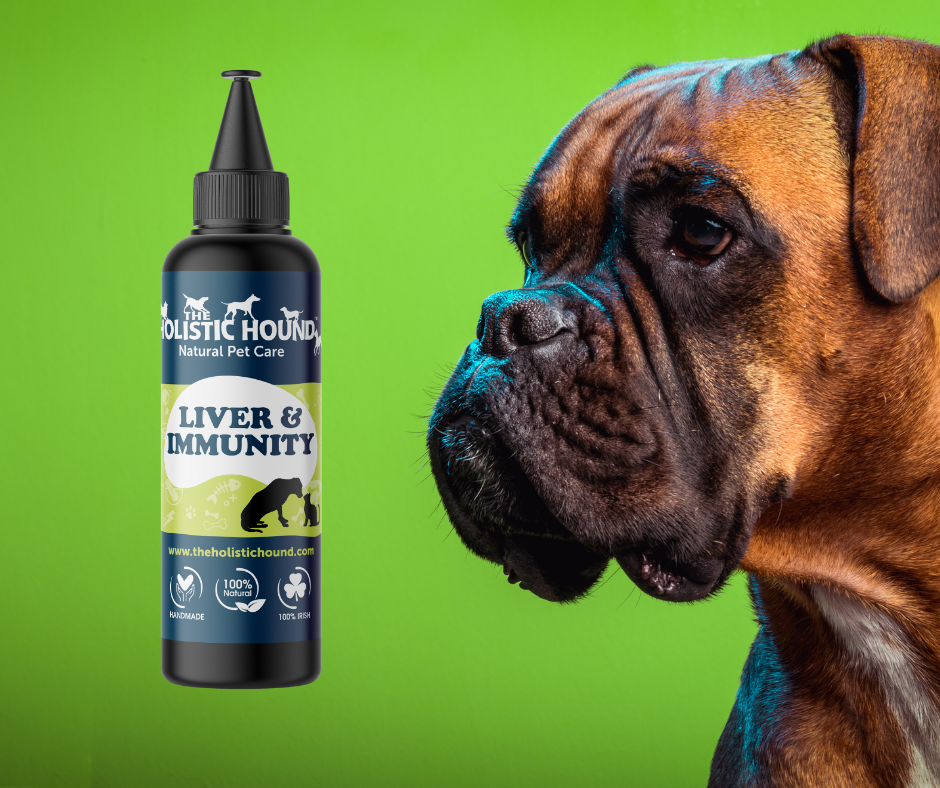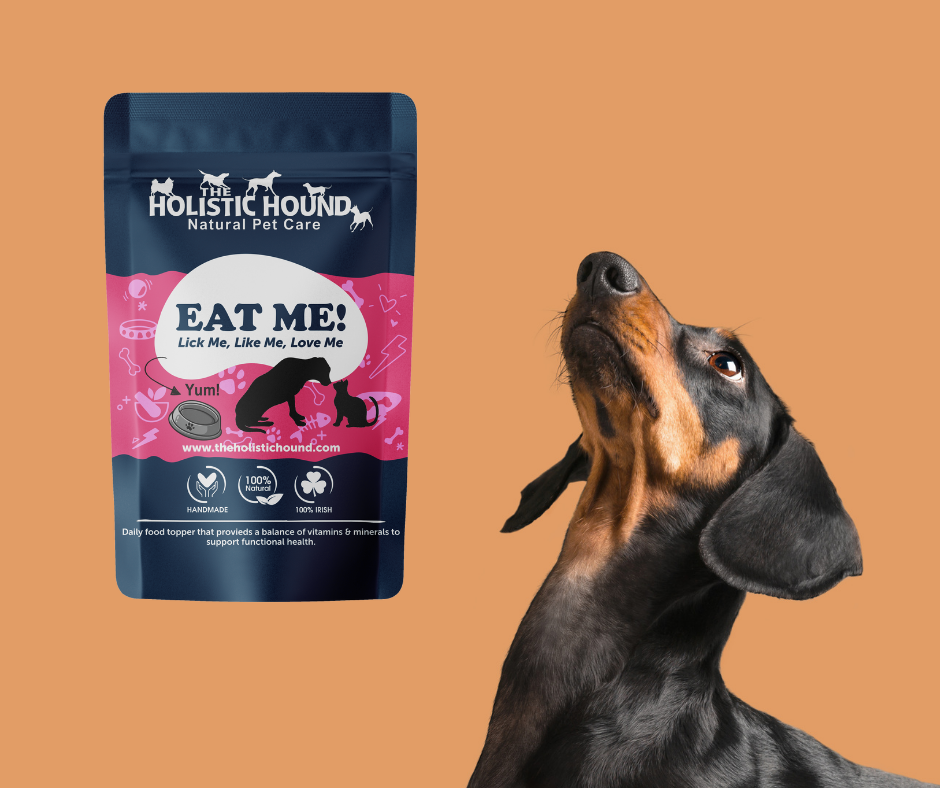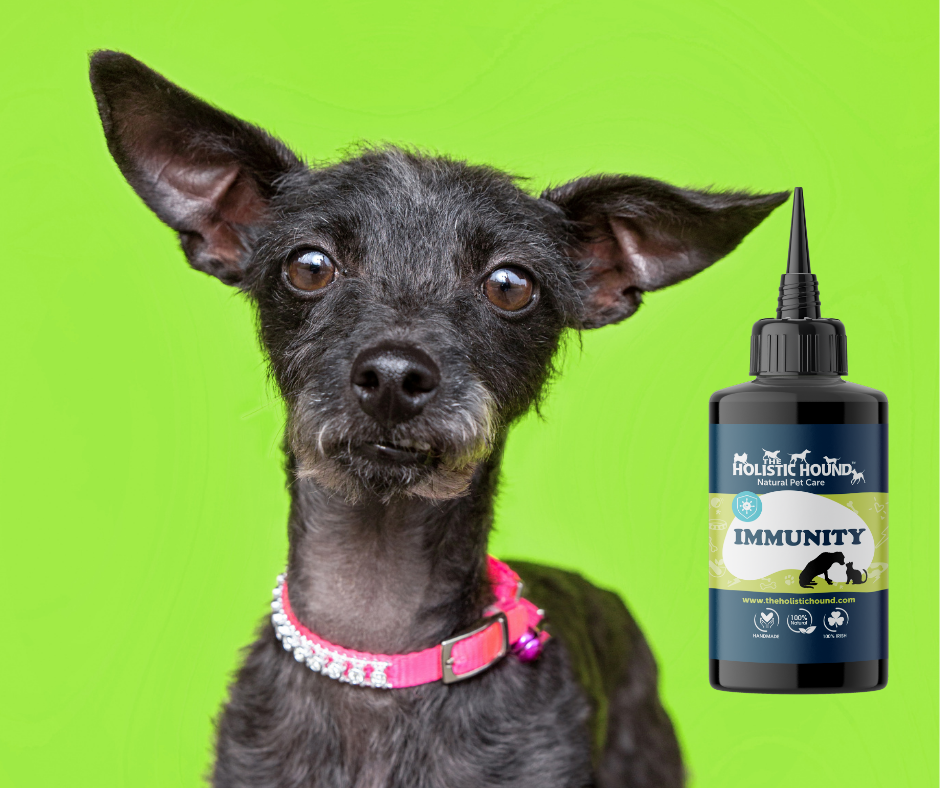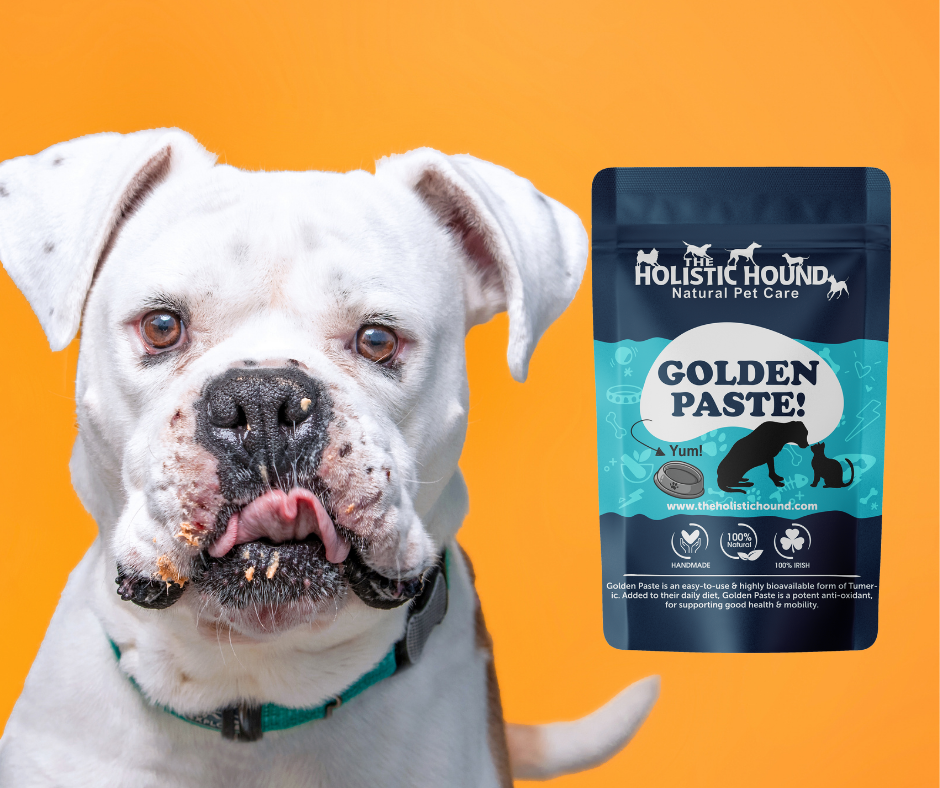
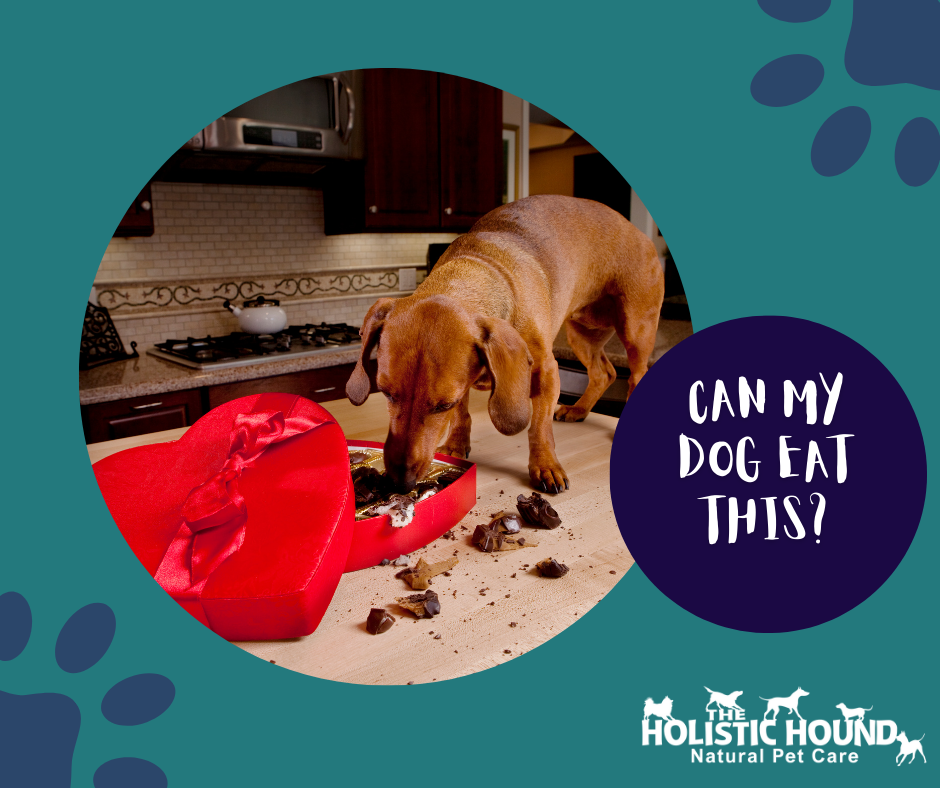
Can My Dog Eat This? - Chocolate
This is our latest post in the series covering foods that your dog can / should eat or avoid completely. We break it down into bitesize articles and will cover everything from artichokes to antelope! These are all extracts from Jo’s upcoming book called “Can My Dog Eat This?”
We’re a little chocolate mad here but thankfully, the dogs can’t reach the shelf where the chocolate goods are kept (..and it never lasts long in our office)!

No matter how much your dog begs for a piece of chocolate, remember dogs and chocolate don’t mix. Chocolate is poisonous to dogs and could make them very unwell. Chocolate contains an ingredient called theobromine which is toxic to dogs as they aren’t able to break it down, or metabolise it.
Theobromine mainly affects a dog’s guts, heart, central nervous system and kidneys.
Theobromine doses in the region of 100-150 milligrams per kilogram of bodyweight are toxic to dogs.
Darker, purer varieties of chocolate tend to have the highest levels of theobromine.
- White chocolate has the lowest amount of theobromine: 1 mg per ounce.
- Baking chocolate has a huge 450 mg of theobromine per ounce.
- Hot chocolate contains 12 mg of theobromine per ounce.
- Milk chocolate has 60 mg of theobromine per ounce.
Ice creams also often have added flavours and colourings which can be harmful to your dog; for example chocolate ice cream contains theobromine and caffeine.
Symptoms of dog chocolate poisoning include vomiting (which may include blood), diarrhoea, restlessness and hyperactivity, rapid breathing, muscle tension, incoordination, increased heart rate and seizures.
If you suspect your dog has eaten chocolate, in any form including cake, you must seek immediate veterinary assistance. Try to work out how much they have eaten and when they ate it and if possible take any wrappers to the vet as this information will help the vet to work out whether your dog has eaten a toxic amount of chocolate and how best to treat them.
Stay tuned for more "Can My Dog Eat This?" posts.
About these posts...
Well, a sea change is taking place in the world of pet nutrition. More and more owners are moving away from processed dry and tinned foods towards more natural, healthy diets for their pets. With this shift comes considerable confusion and misinformation. Are blackberries poisonous? Is garlic good or bad for dogs? What about avocado?
There is an important distinction between what dogs can eat and what dogs should eat. As with humans, dogs need a balanced diet to thrive. These posts will hopefully give you a steer in the right direction!
